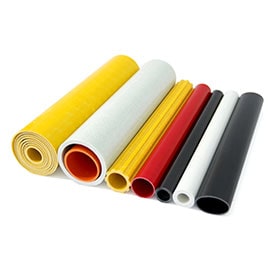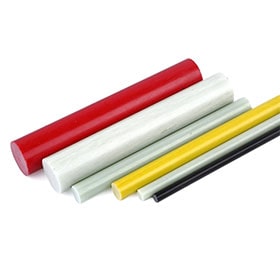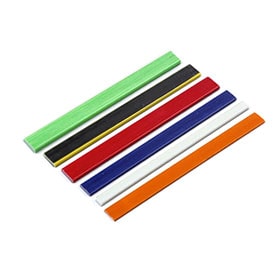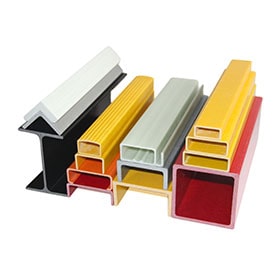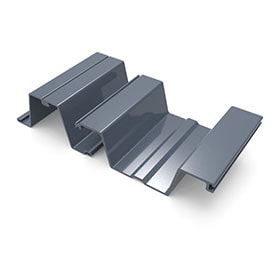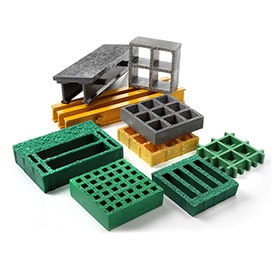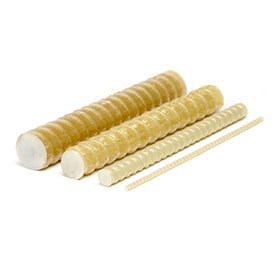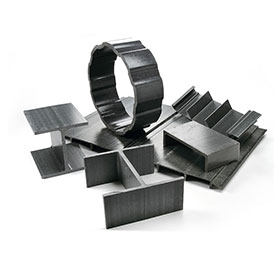
Fiberglass reinforced plastic (FRP) round pipes, also known as glass-reinforced plastic (GRP) pipes, are widely used in various applications due to their corrosion resistance, light weight, and non-conductive properties. However, there are also some disadvantages to consider when using FRP round pipes.
Disadvantages of FRP Round Pipes:
Limited Temperature Resistance: FRP pipes have a lower temperature resistance than metallic pipes. Continuous exposure to temperatures above 100°C (212°F) can degrade the resin matrix, leading to a loss of strength and stiffness.
Low Modulus of Elasticity: FRP pipes have a lower modulus of elasticity compared to metallic pipes. This means they are more prone to deflection and deformation under load. In applications with high pressure or bending stress, FRP pipes may require thicker walls or additional support.
Brittle Behavior: FRP pipes exhibit brittle behavior, meaning they can fracture suddenly without much warning. This is in contrast to metallic pipes, which typically exhibit ductile behavior and can deform before failure.
Susceptibility to UV Degradation: Prolonged exposure to ultraviolet (UV) radiation can cause the resin matrix in FRP pipes to degrade, leading to a loss of strength and stiffness. This is particularly concerning for outdoor applications.
Installation Challenges: FRP pipes require careful handling and installation to prevent damage. They are more susceptible to scratches and gouges than metallic pipes. Additionally, FRP pipes may require specialized joints and fittings that can increase the overall cost of installation.
Applications for FRP Round Pipes:
Despite their limitations, FRP round pipes offer several advantages over metallic pipes, making them suitable for various applications:
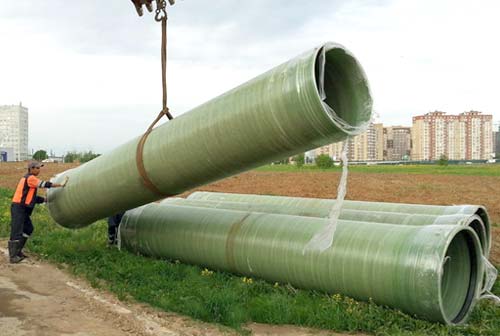
fiberglass pipe
Corrosion-Prone Environments: FRP pipes are highly resistant to corrosion from chemicals, acids, and alkalis. They are ideal for applications in marine environments, chemical processing plants, and wastewater treatment facilities.
Lightweight Applications: FRP pipes are significantly lighter than metallic pipes, making them easier to transport and install. This can be particularly beneficial for applications where weight is a critical factor, such as offshore structures and aircraft components.
Non-Conductive Applications: FRP pipes are non-conductive, making them suitable for applications where electrical insulation is important. They are commonly used in electrical transmission and distribution systems, as well as in telecommunications and data cabling applications.
In summary, FRP round pipes offer a combination of corrosion resistance, light weight, and non-conductive properties that make them suitable for a wide range of applications. However, it is important to consider their limitations, such as lower temperature resistance, brittle behavior, and susceptibility to UV degradation, to ensure their proper application and longevity.
 +86 15303735673
+86 15303735673 Jessica@frpzs.com
Jessica@frpzs.com
 Technical Data
Technical Data


